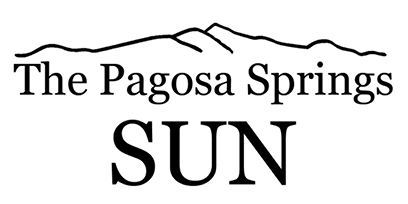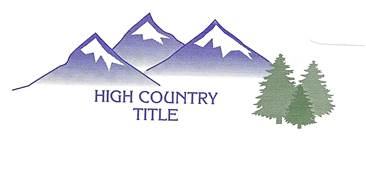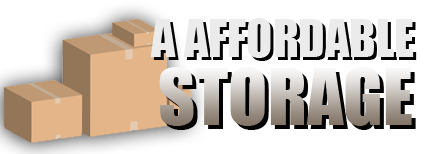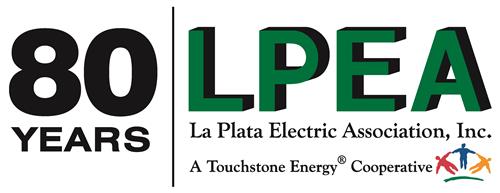The changing landscape of water stewardship
By Moses Nyakana, recipient of a Rotary Scholarship in Water and Sanitation at IHE Delft Institute for Water Education

I graduated as an Urban Water and Sanitation Engineer, specializing in Sanitary Engineering in 2017. My studies provided me exposure to our global culture, and a head start towards understanding the global water and sanitation challenge. Understanding the land, food, energy, climate, health, jobs and water nexus as an essential link for communities to thrive gave me the inspiration to pursue my career. As Leonardo da Vinci stated, “when you put your hand in a flowing stream, you touch the last that has gone and the first of what is to come”; it is a fulfilling career to be at the heart of engineering water and sanitation solutions that leave lasting impacts on communities.
Now a member of the Rotary Club of Bugolobi in Uganda, I am glad to contribute to all of Rotary’s areas of focus in my little ways as a water professional. I often describe myself as a water steward, where I always put The Four-Way Test to practice in my work. As a water steward, I often fight against unequal access to water and help ensure security of this vital resource. Through my service in Kampala, I work with communities to ensure that all primary stakeholders have their needs met in securing water.
The city of Kampala has undergone a period of rapid urbanization, population growth and industrialization in the last 20 years. However, 40% of its residents live in informal settlements lacking basic water, drainage, sewage or solid waste collection services, whilst the benefits of the manufacturing industry are offset by the pollution it creates. Undoubtedly, the scale and complexity of emerging challenges related to water and sanitation means that individual actions, despite those actions being important, are limited in their effectiveness. This is why it’s important to involve companies that work in the water sector on projects to ensure a broader impact.
For example, I’ve been working with stakeholders in the water sector to help them better understand their role in water resource management and that their partnerships with humanitarian efforts offer a practical approach to understanding shared water risks and providing joint solutions. Industries have begun to realize that dealing with water security beyond the confines of their fences enables them to achieve better productivity and sustain markets. The public sector has stepped up to enable equitable distribution of water and sanitation services across the city regardless of social-economic clustering.
My work also focuses on various critical challenges in securing water in Kampala as a baseline towards achieving water related Sustainable Development Goals. Differentiating physical/infrastructure related factors from non-physical factors helps me prepare comprehensive plans for water and sanitation services to communities. Working in tandem, the cultural, governance, policy/legal framework and capacities of all stakeholders should be considered to enable an effectively managed and secure water and sanitation sector in a city.
I am grateful for the education I received and the ability to use my skills to help communities in need.
.png)

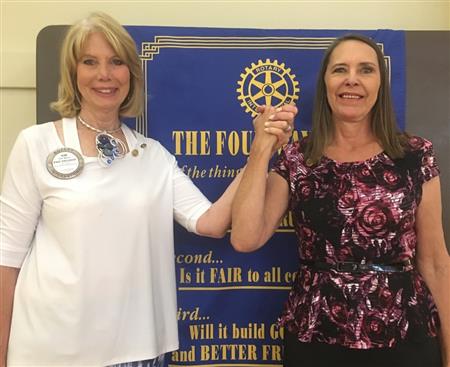
.jpg)
.jpg)
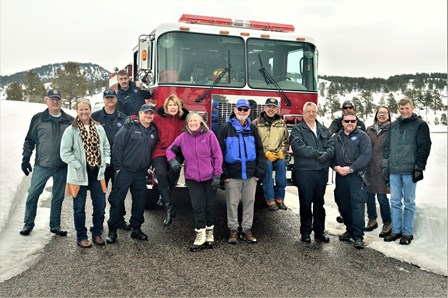
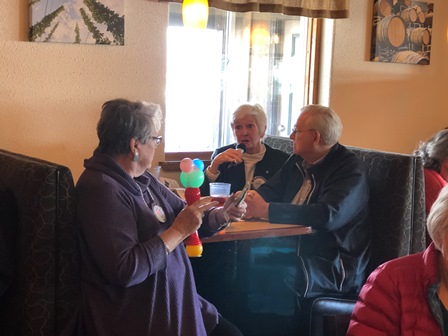


.png)
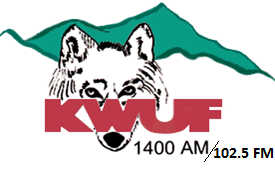





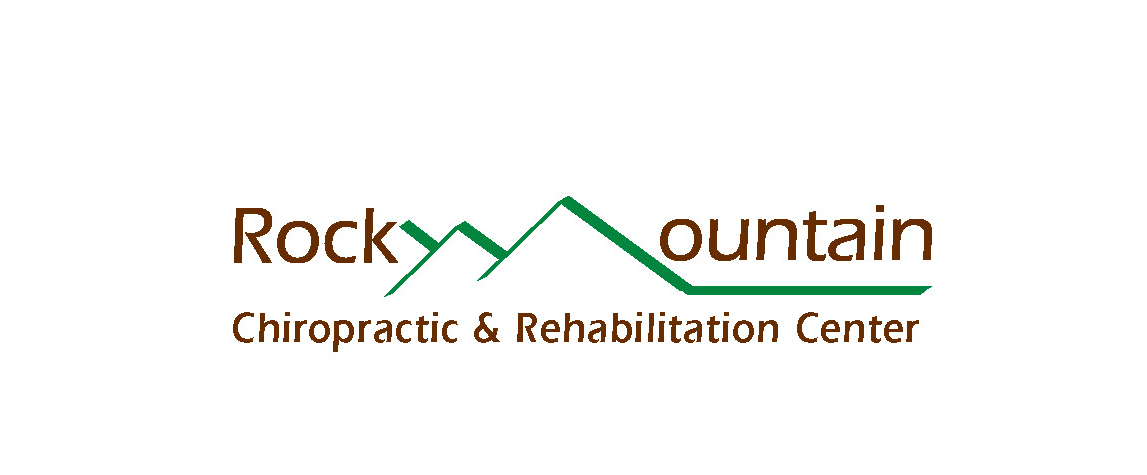











.jpg)










